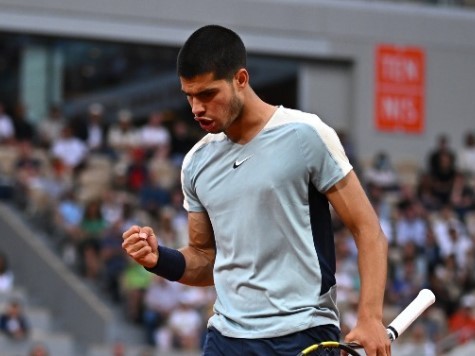It is a big hit to China’s grandeur Beijing Winter Olympics Initiative, as Canada follows the list of big nations including United States, the United Kingdom, and Australia in a diplomatic boycott of the Beijing Winter Olympics 2022 over human rights concerns.
The decision came after the White House, the Australian government, and the United Kingdom government declared diplomatic boycotts of the Beijing Winter Olympics in February in response to Chinese human rights violations. China has promised “strong countermeasures” in response. Mr. Trudeau stated that his government has been discussing it with allies in recent months.
Mr. Trudeau remarked, “We are gravely disturbed about the Chinese government’s recurrent breaches of human rights.”
Canada Joins 3 other Nations to Boycott Beijing Winter Olympics 2022

“We are extremely concerned by the repeated human rights violations by the Chinese government,” Prime Minister Justin Trudeau said
“They should not be surprised that no diplomatic representative will be sent.” The ability of Canada’s, the United States’, Britain’s, and Australia’s athletes to compete in the games is unaffected by their diplomatic activities.
Human rights organisations have urged for a complete boycott of the Beijing Winter Olympics, alleging Chinese human rights violations against the Uyghur minority in northwest Xinjiang Province, which some have described as genocide.
They also point to Beijing’s repression of democratic movements in Hong Kong and the semi-autonomous territory’s broad assault on dissent.
The White House announced a diplomatic boycott of the forthcoming games on Monday, and Australia followed suit on Wednesday, with Prime Minister Scott Morrison declaring it “in Australia’s national interest.”
Relations between Canada and China have been strained since China detained two Canadians in December 2018, shortly after Canada detained Meng Wanzhou, Huawei Technologies’ chief financial officer and the company’s founder’s daughter, in response to a US extradition request.
China’s actions have been dubbed “hostage politics” by many countries, while China has dismissed the accusations as politically driven.






